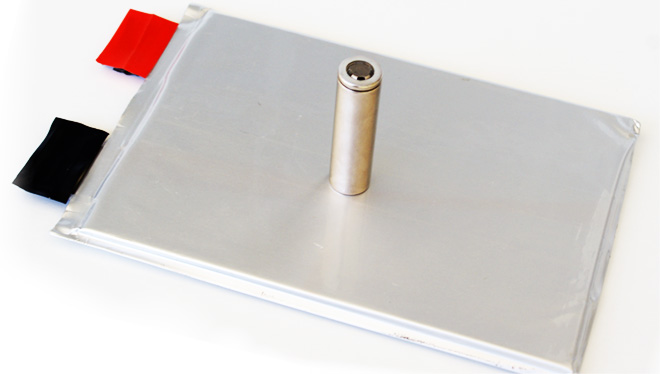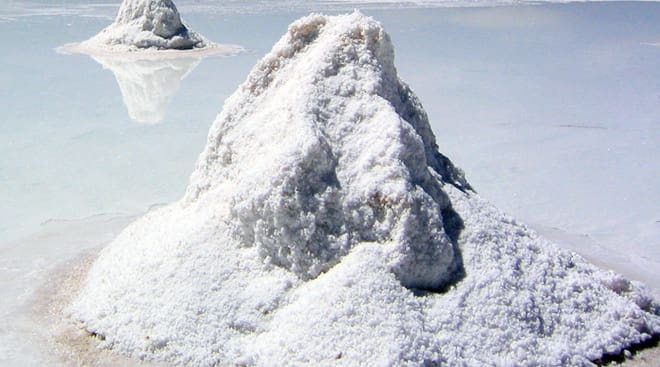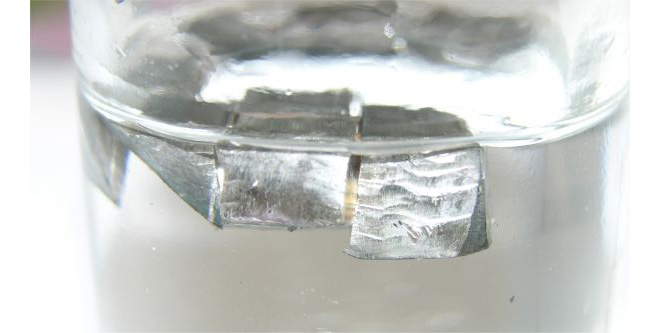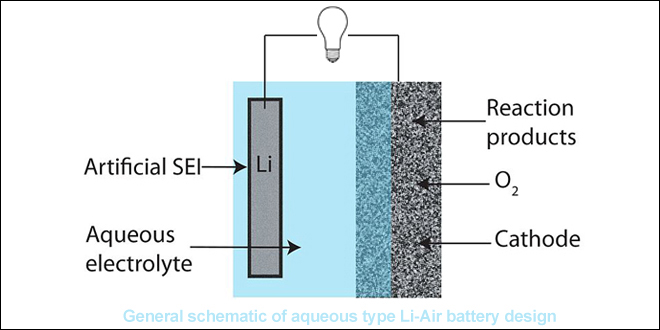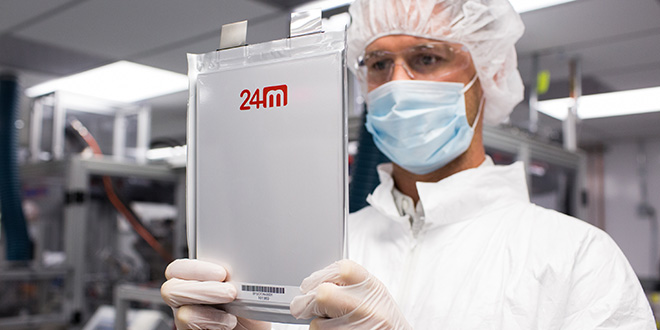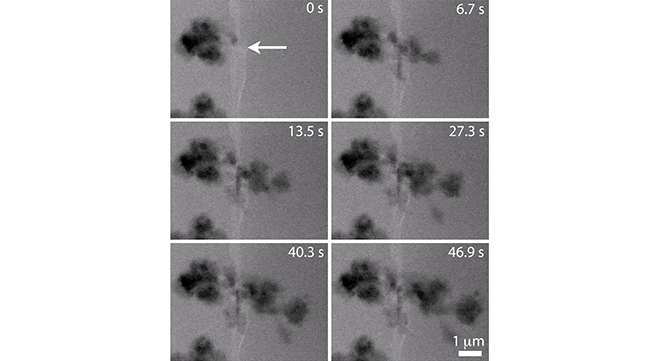Elon Musk and JB Straubel covered a lot of ground in a nearly-three-hour performance at Tesla’s 2016 annual shareholder meeting. They recapped the history of the company, explained why Supercharging will not be free for Model 3 buyers, and discussed their plans to remake the auto production process. They also made some very interesting remarks… Read more »
Search Results Found For: "lithium metal"
Texas Mineral Resources to establish lithium subsidiary to market Round Top lithium
Texas Mineral Resources Corp. (TMRC), an exploration company targeting rare earths and other high-value industrial minerals, plans to establish a separate subsidiary to market the lithium it hopes to produce from its poly-metallic Round Top deposit. Recent column leach tests found that Round Top rhyolite crushed and leached in sulfuric acid for 60 days (what… Read more »
New study: Lithium cost swings unlikely to impact battery prices
Global lithium prices have doubled over the last six months, sparking a scramble to secure sources of the metallic element, and causing pundits to ponder whether white lightning may be the new black gold. However, a new study by a Carnegie Mellon University team has found that even large increases in lithium prices are unlikely… Read more »
Researchers developing improved method for lithium recovery from brine
Demand for lithium is on the rise, and the rush is on for new sources of the light white stuff. Researchers in Finland are developing new methods to extract lithium from natural brine that promise more efficiency and greater purity. Most lithium is produced from salt lake deposits. Brine is pumped up and concentrated by… Read more »
Companies scramble to secure lithium supplies as “white petroleum” prices soar
The hottest commodity on the planet right now is not oil or coffee but lithium, according to a recent article on OilPrice.com. The ballooning battery market is expected to drive demand for the light white metal, and mining companies, battery producers and automakers are scrambling to secure supplies. Goldman Sachs predicts that for every 1%… Read more »
Stanford team develops Li-metal anodes
Lithium-metal anodes are the favored solution for next-generation Li-air or Li-sulfur batteries for various reasons, including their high specific capacity (theoretically tenfold higher than graphite). However, safety issues resulting from dendrite formation and instability caused by volume expansion have slowed the development of commercially viable solutions. In “Composite lithium metal anode by melt infusion of… Read more »
Sony working on high-capacity lithium-sulfur and magnesium-sulfur batteries
Sony, the company that introduced the world’s first commercial lithium-ion battery in 1991, is already well along the road to a Li-ion replacement, according to Nikkei Technology. The company is reportedly developing high-capacity lithium-sulfur and magnesium-sulfur batteries, aiming for a 40% increase in volumetric capacity to 1,000 Wh/l, and plans to commercialize the new chemistries… Read more »
Cambridge scientists claim promising lithium-oxygen battery advancements
Cambridge scientists have developed a working demonstrator of a lithium-oxygen battery that is more than 90% efficient, and can be recharged more than 2,000 times. Lithium-oxygen, or lithium-air, has been touted as the ultimate battery technology, because its theoretical energy density is ten times that of lithium-ion solutions. In “Cycling Li-O2 Batteries via LiOH Formation… Read more »
24M introduces semisolid lithium-ion cell claiming half the cost of current technology
Startup 24M has emerged from stealth mode to introduce its semisolid lithium-ion cell, which the company claims will deliver improved performance at half the cost of current Li-ion batteries. “The lithium-ion battery is a brilliant, enabling technology, but its economics are flawed. It’s prohibitively expensive; it’s cumbersome and inefficient to make; and today’s version is… Read more »
Real-time images of lithium dendrite structures could lead to better batteries
Scientists at the DOE’s Oak Ridge National Laboratory have captured the first real-time nanoscale images of lithium dendrite structures in lithium-ion batteries. The ORNL team is confident that its research, published in Nano Letters, will be of great benefit to scientists who are experimenting with different ways to tackle the dendrite problem. Dendrites form when… Read more »







